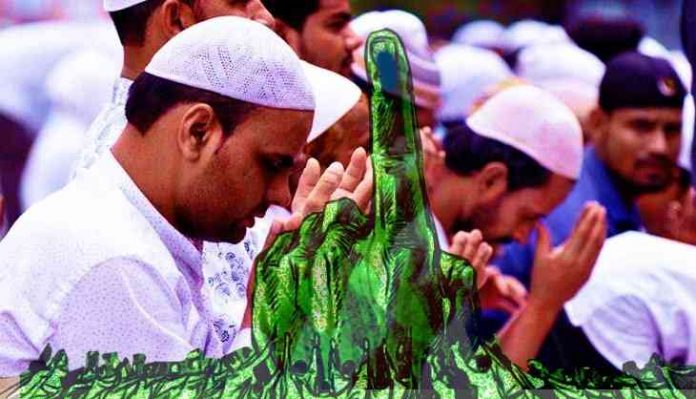Aqib Ahmad, TwoCircles.net
Srinagar: Mohammad Rizwan, 38, expressed his excitement upon learning that the Election Commission of India (ECI) had finally announced assembly elections for Jammu and Kashmir after a decade-long hiatus. Rizwan, a painter, and many others like him saw this announcement as a “long-awaited relief”.
“We wanted our own representative — someone who could listen and address our issues,” Rizwan said.
On August 16, the ECI announced that assembly elections for Jammu and Kashmir would commence on September 18, marking the end of a 10-year gap. The last assembly elections were held in 2014, resulting in a coalition government between the Peoples Democratic Party (PDP) and the Bharatiya Janata Party (BJP). However, due to ideological differences, this government dissolved in 2018, and since then, the region has been directly ruled by New Delhi through a Lieutenant Governor.
The elections for the 90 Assembly seats will be conducted in three phases: September 18, September 25, and October 1, with results expected on October 4. The announcement has provided a sense of relief to residents who were frustrated with the bureaucratic setup and longed for local representation.
Initially, the BJP seemed disinclined to hold elections in the region, but following a Supreme Court directive, the ECI proceeded with the announcement.
To date, 279 candidates have filed nomination papers across 24 assembly segments in seven districts, with the first phase of voting scheduled for September 18. Of these 24 seats, 16 are in the Valley and 8 are in the Jammu region.
Festive Mood
Jammu and Kashmir has adopted a festive atmosphere in anticipation of the elections. Streets are vibrant with party flags, bustling crowds, and lively political rallies. Residents are passionately engaging in political discussions and festivities.
Political leaders are reconnecting with the people, promising development, peace, and prosperity. The main issues in the upcoming elections include the restoration of Article 370, the release of political prisoners and ending the BJP’s direct rule.
In the lead-up to the elections, several leaders have switched allegiances and joined new parties. New political fronts formed after the abrogation of Article 370, such as Sajad Lone’s Peoples Conference (PC), Altaf Bukhari’s Apni Party (JKAP), and Ghulam Nabi Azad’s Democratic Progressive Azad Party (DPAP), are also struggling to stay relevant. Many prominent leaders have shifted their allegiances to maintain political relevance and secure their futures.
Experts attribute their poor performance in the recent Lok Sabha elections — where they failed to win any seats and lost their security deposits — to these shifts.
The Indian National Congress (INC) and the regional Jammu and Kashmir National Conference (JKNC) have formed an alliance to counter the BJP, which has been introducing new faces while dropping previous leaders. The BJP is also grappling with internal challenges, as seen with the recent withdrawal of a list of 44 candidates that notably excluded top leaders.
Separatists in the Fray
A significant development in these elections is the participation of Jamaat-e-Islami (JeI), a religious-political organization banned by the Ministry of Home Affairs (MHA) in 2019 under the Unlawful Activities (Prevention) Act (UAPA). Although the Jamaat hoped for the ban to be lifted to contest the elections, it was extended for five more years on August 25, 2024. Despite this, the Jamaat has decided to participate independently.
Separatist worker Sarjan Barkati, who is currently imprisoned in connection with a terror-funding case, had his daughter, Sugra Barkati, file nomination papers on his behalf from the Zainpora Assembly constituency in South Kashmir’s Shopian district. However, her nomination was rejected by the authorities.
Traditionally, a significant portion of the population refrains from participating in elections, viewing it as a “sin.” Nevertheless, in the recent Lok Sabha elections, over 60 percent of people cast their votes, including members of the Jamaat.
Praveen Donthi, a senior analyst with the International Crisis Group, suggests that the “repressive atmosphere” in Kashmir since 2019 has led separatists to reconsider their stance on boycotting elections. “Their thinking seems to be that people need a political voice through elected representatives. This would provide some self-rule and relief to the common people, as well as some breathing space for separatists, most of whom are imprisoned,” he said.
For Tahir Hussain, a political activist from North Kashmir, the leadership vacuum created by the fall of the PDP-BJP government has fostered a sense of insecurity and hopelessness among the people. “People were eager to have representation, as their grievances piled up under the bureaucratic system,” he said.


